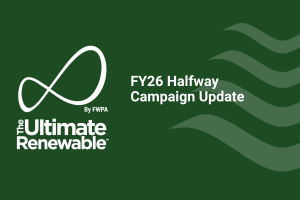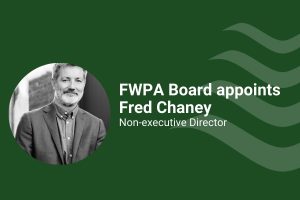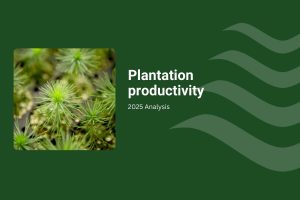FWPA has commissioned a report into the potential advantages of an industry ‘trust mark’. The goals of the mark would be to reduce and eliminate the risk of products which are not fit-for-purpose entering the Australian market, and to create a level playing field for all manufacturers to supply products that are credible.
FWPA received a formal request from the Australian Timber Importers Federation (ATIF) to explore possibilities around the development and implementation of a trust or quality mark. The request came in response to recent quality issues, including out-of-specification products being imported into Australia, which risk damaging market confidence in certain wood products.
In the first instance, MK Consulting and JMac Consulting were tasked with developing an issues paper to explore the viability of developing such a scheme for engineered wood and structural solid timber products. The idea will now be further tested, explored and discussed with industry stakeholders.
Certification schemes and their associated marks are common across a host of industries around the world. They signify that a product, service or company meets an accepted standard of quality, set by the regulatory body for that industry.
There have been unsuccessful attempts at establishing certification bodies within the Australian forestry industry in the past — for example, the Plantation Timber Certification, which limited its scope to equipment and procedures.
The paper includes a review of the Australian timber market, and an outline of the key issues, opportunities, implementation considerations and risks associated with the introduction of a trust mark. In addition, it considers examples from a variety of industries around the world, including: Norton Secure for web protection, PayPal for financial transactions, and the Australian Made logo.
MK Consulting Director, Con Dekazos said they found that globally the most successful and credible examples of such initiatives were those forming part of an industry certification scheme that includes agreed standards and is audited by independent third parties.
“Although significant behavioural change would be required across the industry to support a trust mark, and there would be significant costs associated with its implementation, our research suggests its introduction could bring a range of benefits,” Mr Dekazos said.
“Over and above a reduction in the sale of timber products that are not fit-for-purpose, and the consequent improved market confidence, other benefits might include representation of the needs and requirements of each product, and the industry as a whole, while a robust framework could also help to support regulatory compliance and enforcement,” Mr Dekazos said.
The paper also includes a number of key recommendations that should be taken into consideration throughout the development process.
JMac Consulting Director, John McClure said that based on the research the implementation of a trust mark is certainly warranted within the Australian industry.
“However, there appears to be very little credibility without a certification scheme that properly audits products and manufacturers to support the mark itself,” said Mr McClure.
“The timber industry therefore needs to collectively agree on the concept and mechanism, with a consistent and standardised approach required to determine standards for all products under review.
“Of course, this would be an enormous leap for the industry to take overnight. Therefore, FWPA must embark on a national education drive focusing on the importance of a trust mark for industry credibility,” concluded Mr McClure.
While indicative costs have been reviewed in this report, a deeper dive is required to fully understand the requirements and industry impact. FWPA plans to host workshops at an appropriate time in the future to enable thorough stakeholder consultation and concept testing. If you would be interested in attending these workshops or would like to view a full copy of the report, please email ric.sinclair@fwpa.com.au



